How to Take Care of Your Teeth in a World with No Dentist
Today’s topic is how to care for your teeth in a world without a dentist. The recent fires, hurricanes, and tornadoes revealed our fragile lives. Even staying on top of maintaining our oral health became more of a challenge.
That’s because nearly every dentist’s office across the country in 2020, for instance, was shut down for an unfortunate and uncomfortable amount of time when so many entities were locked down. As bad as it may have seemed, it could have been so much worse. What would a world without a dentist look like?
30 Items You Need To Survive A Pandemic
Prepare Your Family For Survival by Linda Loosli
Taking Care of Your Teeth in a World With No Dentist
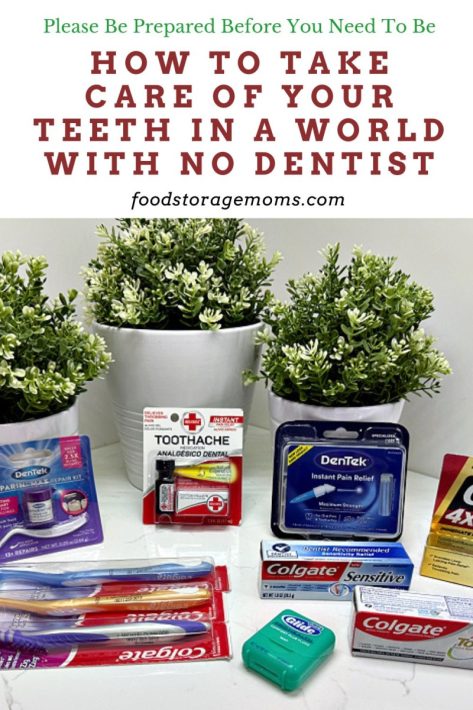
What would you do if something far more sinister than the coronavirus were to show up, no longer leaving you the option to head to the dentist for your 6-month cleaning? Your dentist’s office may be forced into a position to close its doors for an indefinite amount of time.
Unless you can find a new dentist you trust, you’d have to fend for yourself regarding proper dental preventive care. That would be an unfortunate situation for many people. It’s too bad, but many people don’t place much value on teeth cleaning and general dental health. Fortunately for you, I have a few tips that you might find helpful. Here’s how to care for your teeth without a dentist.
Always Brush Your Teeth Before Bed
This one may seem like a no-brainer for routine dental care. After all, we’ve been taught this since we were kids, but you’d be surprised how many people hop into bed without doing it. The most critical time of the day to brush your teeth is at night so you don’t leave food, sugar, and other detrimental substances on the surface of your teath overnight.
That’s because you’ve had a full day of eating foods that have formed plaque in your mouth, which can cause dental problems like bad breath and bacteria to lurk in the mouth and between the teeth. Going to bed without brushing would be a bad decision on your part. (I’m guilty of this sometimes; we’re all human).
You should also consider the practice of brushing your teeth at least 2 times a day, morning and night to prevent infection, and don’t forget to brush your tongue. Toothbrushes are a great item to stock up on as well. Toothbrushes
Flossing Your Teeth is Critical
Some are good about regularly brushing their teeth at least twice a day, but fail desperately when flossing them. Believe it or not, flossing is just as important as brushing your teeth because it’s critical to clear out the food stuck between your teeth and gums. I confess I hate flossing; my dental hygienist knows it. LOL!
Flossing your teeth also helps stimulate your gum tissue while lowering inflammation. It also helps reduce plaque and prevent cavities from building up between your teeth. If you have some gum bleeding when you brush them, you probably aren’t flossing enough or effectively. Flossing can reduce the risk of your gums swelling and the advent of gingivitis.
Fluoride Toothpaste May be the Way to Go
Fluoride has received a lot of scrutiny over the past few years because of the other health concerns that it is known to cause. However, fluoride is still considered the best preventative chemical defense against tooth decay and to protect tooth enamel.
Toothpaste with fluoride does an excellent job of fighting germs and bacteria that can cause decay but also creates a protective barrier around your teeth.
That’s why fluoride toothpaste may be the number one toothpaste of choice when you no longer have a dentist who can help you keep your teeth healthy. Be sure to have a stockpile of it because you’ll never know how important it is until it’s too late.
Sue suggested, “I always dip my toothbrush in peroxide, then baking soda, then top with natural toothpaste.” We all seem to have our own ideas about how to prevent common dental emergencies as we care for our teeth, but not all have been shown scientifically to help as fluoride has. Consider some extra fluoride treatments the next time have have a dental exam.
Stock Up on Mouthwash
In a world without dentists, more and more people’s mouths will start smelling more fowl than ever before. Stocking up on minty fresh mouthwash may be a good idea as you strive for good oral hygiene.
But mouthwash is more than just about freshening your breath, it also reduces the acid in your mouth and helps clean areas in the back of your mouth that are hard to get to with a toothbrush. Mouthwash also provides another benefit of remineralizing your teeth, keeping them healthier and stronger.
Chew Sugar-Free Gum
Chewing sugar-free gum can also help freshen your breath and remove bits of food stuck between your teeth. It gets your saliva working in overdrive, which helps remove bacteria from your teeth even more quickly. We all know that sugar can hurt teeth, so choose sugar-free varieties whenever possible.
Drink More Water
You may be wondering how drinking more water has anything to do with the health of your teeth, but it does. Water is the number one fluid that your body needs for good overall health, but also for your oral health. Water helps wash out acids and some of the stickiness off our teeth caused by drinking beverages and certain acidic foods. I recently read an article that suggested you leave the toothpaste residue on your teeth for a while after brushing rather than rinsing it off. It gives the toothpaste more time to treat the teeth.
Eat Less Sugar
Sugar may taste wonderfully sweet to our taste buds, but it’s harmful and can damage our teeth and gums. Our saliva glands wash down most foods from our teeth, but sugar is too sticky. When sugar sits in our mouths, it converts into an acid that eats away at the enamel and can harm our teeth.
Eventually, cavities will start to form, and there’s also a greater risk for gum disease to take root. The best thing you can do in a world without dentists is to watch and limit the amount of acidic and sugary foods you consume. So try your best to cut down on soda pop, sweets, and processed foods.
Stop Smoking
I know I will offend some people, but it’s my job to inform you. Smoking only increases the risk of having gum disease or even oral cancer later on down the road.
Tobacco even makes your teeth turn an unappealing shade of yellow. This goes for all tobacco products, including chew, cigars, pipes, snuff, vaping, and, of course, cigarettes.
Final Word
Caring for your teeth is more than just brushing and flossing them regularly. Your gums and tongue also play a massive role in the overall health of your mouth, so don’t forget to brush there as well. A world with no dentist isn’t a fun one! I know a lot of people who have to deal with dentures every day, and they’ve voiced their discomfort and frustration from having to deal with them. It’s also especially important for those who wear braces to take special care of their teeth. Your orthodontist may not be available when you need them in an emergency.
A healthier diet containing less sugar and drinking more water is another excellent way to improve teeth. Suppose you are ever put in a position again where you can’t visit your dentist. These simple practices will keep your mouth healthier and better protected against cavities and other oral health problems like abscesses. May God Bless this world, Linda
Copyright Images: Dentist Room and Chair Deposit photos_27616635_s-2019

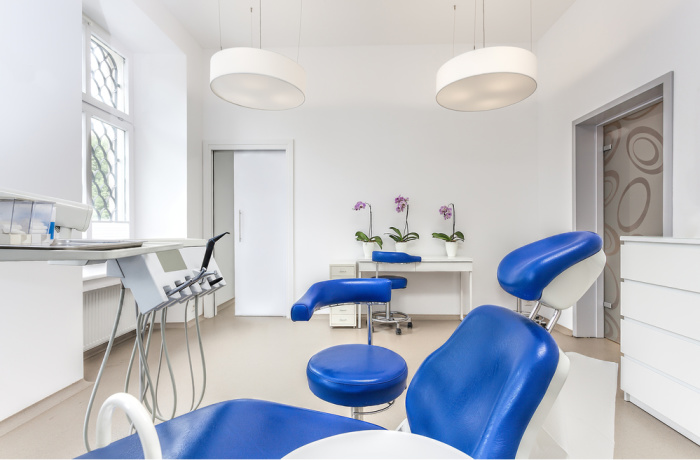

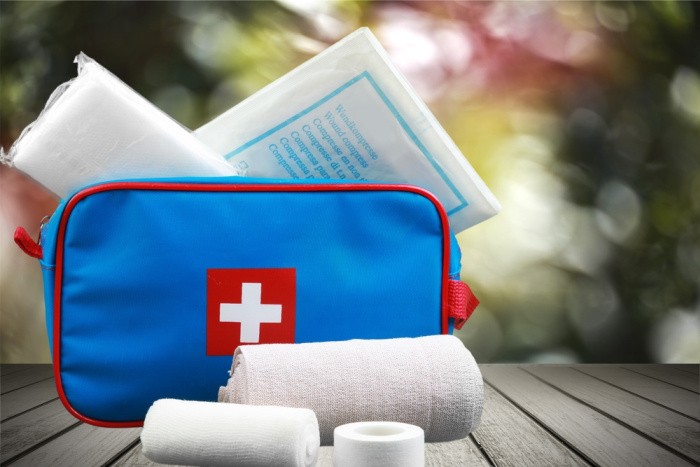

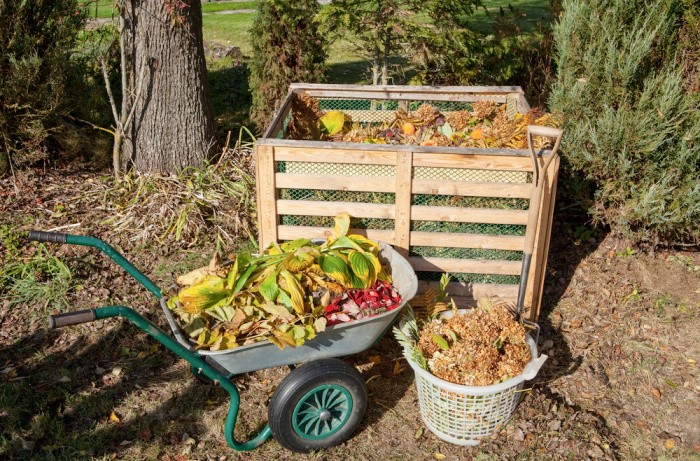
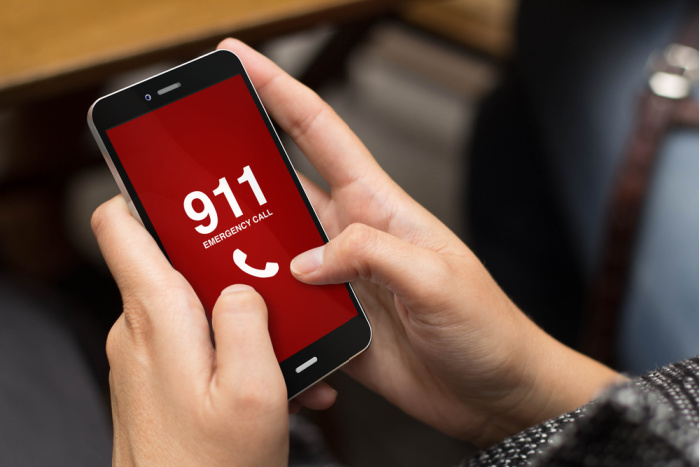
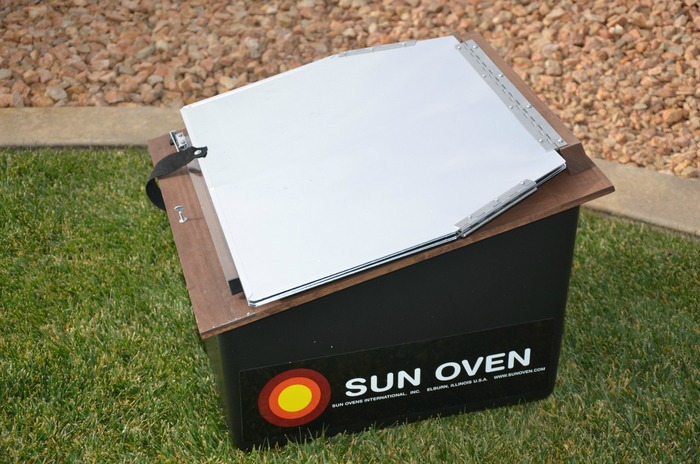
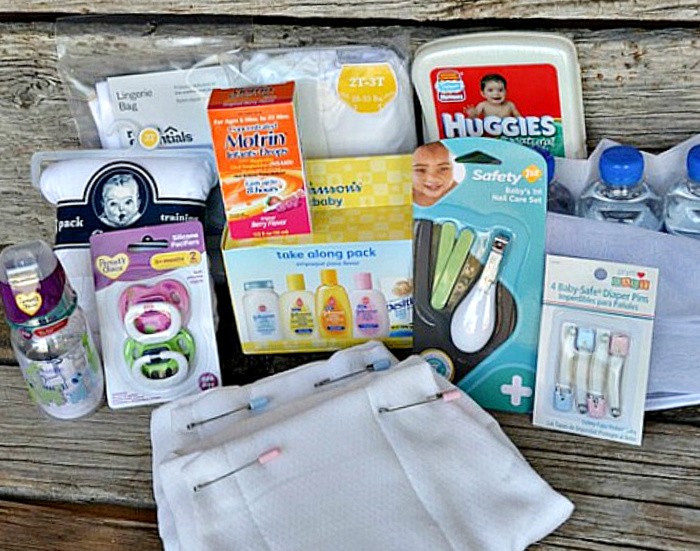






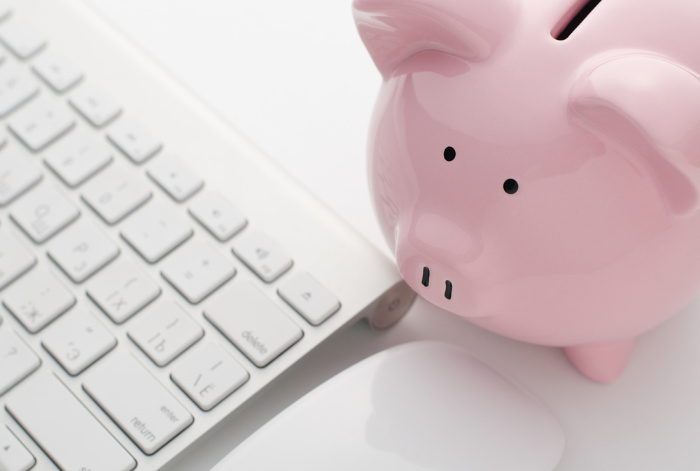
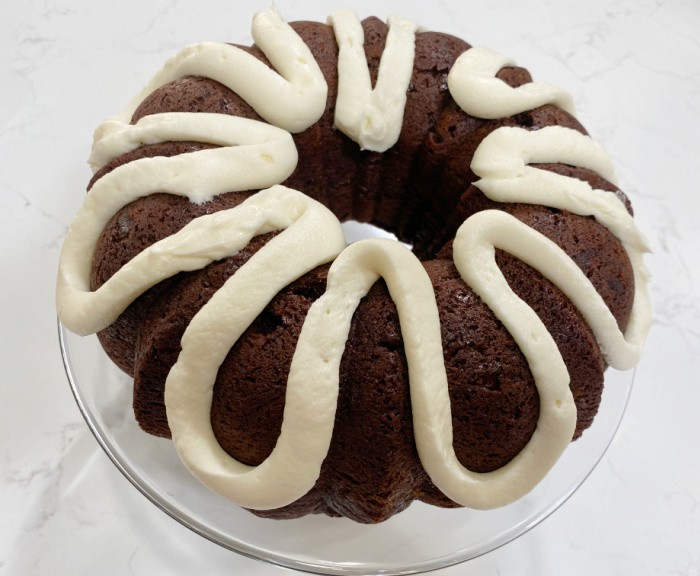
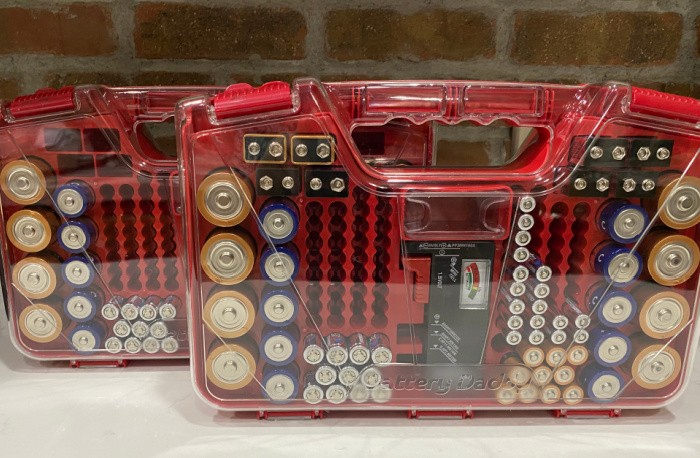
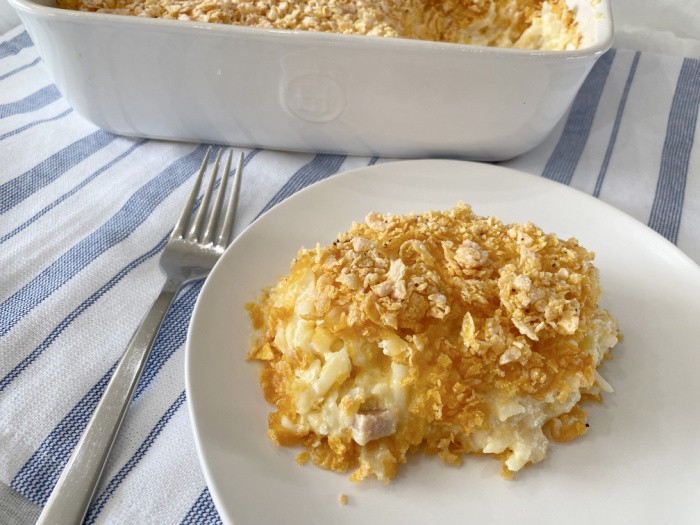

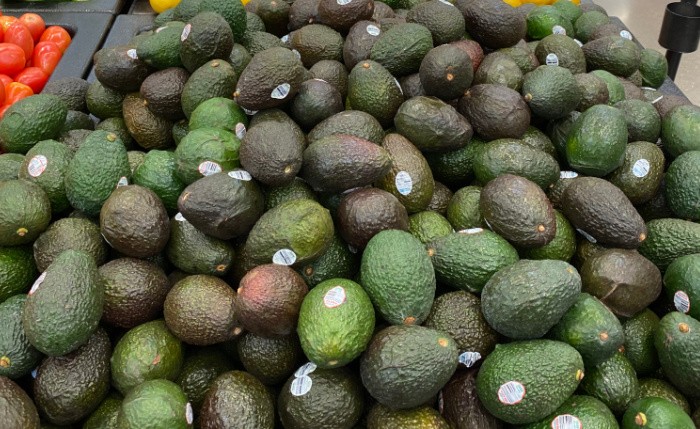

Please don’t forget that baking soda is a great alternative to toothpaste-helps with plaque, freshens breath. I always dip my toothbrush in peroxide them baking soda then top with a natural toothpaste.
Hi Sue, thank you for the reminder, I’m adding your suggestion right now. Thank you!!!! Linda
I’ve used coconut oil to swirl around my mouth for 20 minutes. It lifts toxis out of the tongue, kills bacteria between teeth and in the gums. Spit it out at the end.
Hi Dave, so you use this to “brush” your teeth? I really want to know. I love learning new stuff. Thank you, Linda
Have found a WaterPik to be very helpful in cleaning and rinsing between teeth. Still need to floss as that helps remove plaque with the friction of the floss. [Slightly warm water is most comfortable I’ve found.]
Start the WaterPik at the lowest power setting to learn how to use and not damage your tender gums. Use just once a day or once every other day to start. Slowly build to learn your individual tolerance and technique. You may not need to increase power or very little.
I use the WaterPik for rinsing and cleaning around and between teeth not as a flossing replacement.
Your dentist may tell you a different way but I WaterPik first, then floss, then brush. -Then Spit, wipe, no swallow. Do not rinse mouth as this washes out the toothpaste you want to sit around the base of tooth and gum to further protect. Ideally do not eat, drink for 20-30 min after brushing.
Recommend call your dentist to see if they agree with my personal method.
I Am Not A Dentist.
Hi Lee, I’m not a dentist either. I LOVE your idea! I have a WaterPik and I love it! Great reminder, Linda
Lee, thank you for your tip on using the Waterpik first before flossing, then brushing!
If you want whiter teeth use 50-50 Hydrogen Peroxide and water. Swish around in your mouth for about one minute then spit out and rinse. SO NOT SWALLOW. This mixture will foam up in your mouth. If you do this once a day you will notice whiter teeth in just a few days.
Hi Annie, oh my, I am going to try this!!! Thank you for sharing!! Linda
I’ve also found that ‘swishing coconut oil’ daily helps sensitive teeth become less sensitive.
Hi Connie, oh my gosh, thanks for sharing this tip. I had a filling replaced and now that tooth is sensitive. Thank you! Linda
I’m sorry. I was relating something about dental care. The toxin “pull” is related, but having the oil remnants in your mouth after spitting, not rinsing, makes attachment of calculous to the teeth more difficult. My oldest brother was a dentist and he related how mouth bacteria work. The dead cells accumulate like a coral reef – mostly an accumulation of dead cells. If you want to get ahead of plaque deposits, but only brush once a day, the whole spectrum of life cycles are dislodged but the short-lived ones remain. Brush twice, and you reduce longer-lived bacteria. Three times, and you’ve reduced them again. And, of course, plaque imbeds between the gum and teeth, open the space until gums recede and roots and their thin enamel compromise the teeth and even affect digestive bacteria.
Hi Dave, thank you for this comment, I love stuff like this. It teaches everyone! Linda
I was fortunate in that I have been able to see my dentist. They were closed for a few months except for emergency dental work but as soon as they opened up again, I was able to get in for a cleaning and then for a repair. I asked my dentist what to do if I could not get in for the repair – he said: brushing, flossing and watch the sweet things – not just sugar sugar but also other high carb foods that turn to “sugar” in the mouth. He said NO to white bread/flour as that is one that is more likely to turn to “sugar” than whole wheat bread/flour. He told me to eat apples rather than other fruits – especially no bananas, peaches, pears as they tend to “stick” to the teeth more than other fruits and to watch how many berries I eat as they can also “stick” to the teeth.
I like the idea of a Water Pik but it is not in my budget right now. I use a fluoride toothpaste recommended by my dentist. I have also used a natural toothpaste. One thing that you can do with baking soda is to add peppermint essential oil to it to help make it more palatable in the mouth.
Something else that I would suggest is soaking your toothbrushes in Listerine or the equivalent. Listerine kills some of the germs/bacteria that stay on the brush. This will cut down on not only the germs/bacteria but also if there is a cold or sore throat, you lessen the risk of keeping it going for the long term. If I get a cold or sore throat, my toothbrush soaks all day in the solution as well as overnight otherwise, I soak my toothbrush a couple of times a week. I know there are sanitizing tools but they are out of my budget – the inexpensive ones don’t have such good reviews on Amazon!!
Hi Leanne, wow, I like the Listerine tip! I was lucky to get in and have my teeth cleaned as well a couple of weeks ago. Our dental health is critical to our health. Great comment as always! Linda
I absolutely cringe at the thought of not having dental work on my teeth. I’m one of those weird people who really likes going in for cleanings every 6 mos. I have “soft” teeth and have had more than my fair share of dental work over the years. One of the best moves we ever made was to switch to electric toothbrushes. I floss every day but also use toothpicks after meals out. Not a pretty sight but it gets the gunk out of my teeth. Sensodyne has been a lifesaver, too. We have “pods” to put over our toothbrushes to keep them clean but I’m definitely going to use these tips for cleaning them.
Hi Robbie, I go every six months as well. The interesting thing is, even when we didn’t have dental insurance we had them cleaned every six months and X-rayed once a year. If you don’t have dental insurance find a good dentist who charges you less because you are paying upfront rather than waiting for an insurance company who may take six months to pay. We have seen people suffer because they didn’t go to the dentist either because they were too lazy to make an appointment or did not have insurance. We paid about 20% of what the insurance cost would have been. It really works, you just to make a phone call to find out. We have been going to the same dentist now for 12 years, what a blessing he has been to us. If your teeth are healthy you may stay healthy. Linda
Ah yes, insurance…or lack thereof! We don’t have dental insurance so we pay cash for everything. My husband has two dental implants and omg, that is EXPENSIVE! In all instances, we’ve been lucky to get a percentage off for paying in full at the time of service. It’s usually only 10% but every little bit helps. We finally found a good dentist (ours passed away many years ago from cancer) and we adore him. He’s so willing to help us…we have his cell number and he’ll come in on weekends, etc. He’s amazing. I have a terrible phobia of dental work from way back when I was 5 yrs old and got slapped by the dentist. To this day, I still shake and sweat and have terrible anxiety. But our current dentist is amazing at helping me with all that. Luckily I haven’t had too many problems.
I so agree with you how important dental health care is. Most people don’t recognize or understand it. I sure hope in the zombie apocalypse (or Covid) that there will be dentists!
HI Robbie, I sure hope we will have dentists!! I’m so sorry to hear your dentist slapped you! Yikes! They wouldn’t get away with that these days! Stay well, Linda
There is a lot of great advice in your article and in the comments! One thing that wasn’t brought up is the difference between town ‘fluoridated’ water and well water. I’d heard how fluoride can be ‘bad’ when ingested but I did ask both my physician and dentist years ago for their opinions. Both said the amt of fluoride put in most cities drinking water is negligible as to potential harm but was enough to help people’s teeth, especially children’s. Zoom up a few years to ’03…I moved rural so have my own well. My youngest son was 5 and my grandson was 3. My grandson had been sensitive to milk so used special formula as a baby, and to this day (he’s 19), does Not drink milk, nor even eat dry cereal as it tastes like milk. It was always hard to get enough calcium in that kid for good teeth! So, I was then without fluoride in our water. Talked to my dentist about this for both my ‘little boys’ : Fluoride toothpaste at least 3 times a day. Zoom ahead a lot…the boys are now men. My son who guzzles milk has never had a single cavity. My grandson has had 5 crowns. So, maybe we need to also look at the amt of calcium a person gets? 2 yrs ago I bought each of them their own Waterpik with electric toothbrush for Xmas (lol). Pricey little suckers. Worth Every Dollar! I had bad teeth my entire life from no fluoride, no dental visits, crooked teeth and got top dentures finally at age 49. Then had to have half one side pulled due to an abscess on my last wisdom tooth before I could have open-heart surgery. I had no pain from the abscess but that wisdom tooth had also grown under my other teeth. So, this is yet another area I’m urging my adult kids to have checked. What’s a bit amusing is that since I had bad teeth, I put a lot of money into my kids mouths so maybe theirs will be better.
Wendy, wow, thanks for sharing with us. Oh my gosh, you had an abscess and no pain. I had a neighbor die from an abscessed tooth. She felt like she had the flu, the autopsy showed she died from the abscessed tooth. My granddaughter was living with me this last year and got an abscessed tooth, and I got her into a dentist ASAP. BUT, she had horrific pain. It was drained and she was loaded up with antibiotics. Scary! BUT, you had no pain, oh my gosh. THEN you had open-heart surgery, oh my gosh, Wendy!! Wow! I’m sure glad you’re okay. Great comment on your son and grandson. It’s critical we take care of our teeth. Stay well, Linda
Great content and tips that everyone can follow through for their dental care needs.
Hi Knight Street Dentists, thank you for your kind words, you are so awesome!! Linda
Linda, this was an exceptionally good article and some great comments as well. The coconut oil tip is solid gold and I’ll have to add that to my routine.
Every toothpaste I’ve ever tried makes me gag, so I dip my toothbrush (an Oral B rechargeable electric) into an antiseptic mouthwash before I brush. Then I use my waterpick, and finally I floss. I freely admit I don’t do this every day like I should but I do it often enough so my every six month dental cleanings get good reviews from my dentist.
In a SHTF scenario I’d be sure to do it daily before bedtime and if the power is out, well, I have plenty of backup, never used, manual toothbrushes.
Hi Ray, this is the best comment ever! I use an Oral B rechargeable as well! I got the giggles over “you gag using toothpaste”!! I still gag over toothpaste, I thought I got the gagging reflex from being pregnant, but it has never stopped. I never thought about using an antiseptic mouthwash with my Oral B, I will now!! Thanks for the tip! I have a WaterPick too! I hadn’t thought about a power outage with my Oral B, I keep it charged. Man, if I have to go back to manual toothbrushes…..now I sound lazy!! LOL! Love this, Linda
Hi Linda, I don’t see very much about denture care here, so I thought I’d add something about that kind of mouth care. I’ve had dentures since I was 17yo. When I was 7 yo, I was running up the front walk, and tripped. I landed face first on the brick front steps, hitting mouth first on the very edge of a brick step. It was fortunate that my Grandfather was sitting on the landing smoking and listening to a baseball game on the radio. He picked me up and sat me on the front steps, my mouth bleeding profusely. He gave me his handkerchief then went into the house for a clean towel, and alert my Mother. She called the secretary who served as receptionist. She arranged for my Pediatrician and the dentist to see me for emergency care.(back in those days, I wasn’t considered to be bad enough for the Emergency Room). So as soon as my Father came home we went up there offices. I was all scraped and bruised so the pediatrician went over me first looking for any serious injuries. I was ok, except for being a mass of bruises. Then across te waiting room to the dentist. By then the blood was still dripping, but less so. He went all over my mouth and teeth looking for broken or missing teeth. There were none (no X-rays back then). But he felt that my teeth and their roots were crazed with cracks, that would make many cavities to come. He was right, unfortunately? I spent many trips to the dentist for cavities. Until the 8th grade, when they started to really get worse. Fillings would no longer hold, so finally we elected to pull each tooth as it decayed, and abscessed. I spent most of my time on antibiotics and tasting pus. It was awful. Finally at 17yo old they had to go in favor dentures. I also had soft teeth as well. I didn’t mind brushing 3X daily, because for an hour or two my mouth didn’t taste of infection.
Anyhow I have been caring for dentures for over 45 years. I brush with a denture toothpaste, twice a week I soak them overnight in Efferdent, I gargle with generic Scope gargling the back, then swishing the front. So I can stockpile all of my supplies ahead, and did just before Covid 19 hit. Dentures can rub spots raw, even with proper fitting. Especially after eating something hard or very tough. I have also have frequent cankers.I apply tea tree oil directly on them.by the next day, the swelling is gone and pain is minimal then they are gone after a couple days. My Mouther had them from oral herpes. I think I might have picked up that somewhere along the way. I always have at least 2 dental repair kits, and a denture cream for occasional looseness. These things can all be stockpiled. A denture wearer still needs to see the dentist to examine the dentures for signs of wear, lining with a soft lining if your mouth has changed, or for replacement when the wear out. Supposedly, dentures should be replaced every 15-20 yrs. Mine generally last much longer. (We now have excellent dental benefits through Steve’s new job, so hopefully I can see the dentist soon).
Hi Mary Ann, oh my gosh, girl, I can’t believe all you have gone through with your teeth. I’m so sorry, my sweet friend. My dad had dentures and they must have hurt his gums because they were in his shirt pocket more than they were in his mouth. Wow, you have got a great plan with yours, I didn;t know they would need “tune ups” so to speak. Thanks for the great comment. Linda